IPC > Team

Developing each person’s strengths and talents is one of IPC’s major goals. Training our managers, encouraging synergies, working as a team and clarifying each person’s role is very important to us. We care about building a diverse team and offering a work environment that is inclusive for people from all backgrounds, and are committed to an innovative and effective approach to human resources.

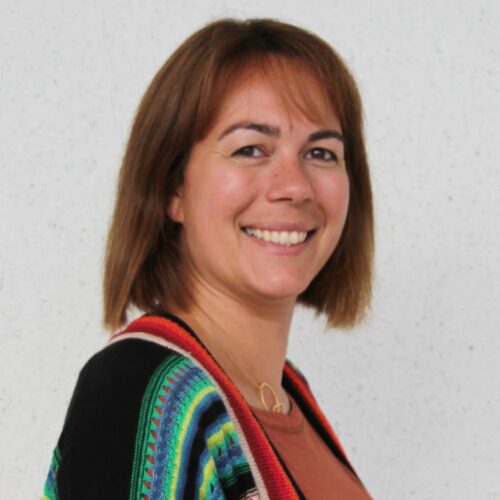
Staffed by two corporate lawyers, the legal department reports directly to the Managing Director. It exists to provide IPC with legal advice, limit risks and oversee commercial relationships to avoid issues. We provide advice on issues around corporate law, which organisations require on a daily basis, we keep abreast of legal news, and we provide operational advice. In 2022, we undertook a project to digitise our processes, with contract automation, EDM and electronic signatures.
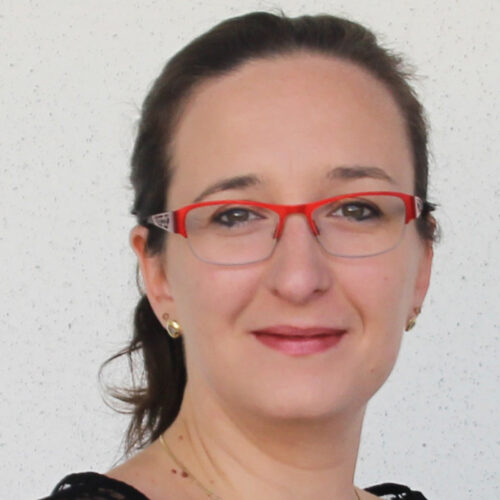
Our strategy revolves around quality and compliance with all applicable laws, regulations and requirements: they are an integral part of our working methods and our culture. IPC has been ISO 9001-certified since 2007, and over time we have gradually adapted our system to take account of the way our activities have changed, with customer satisfaction and continuous improvement always our priority.
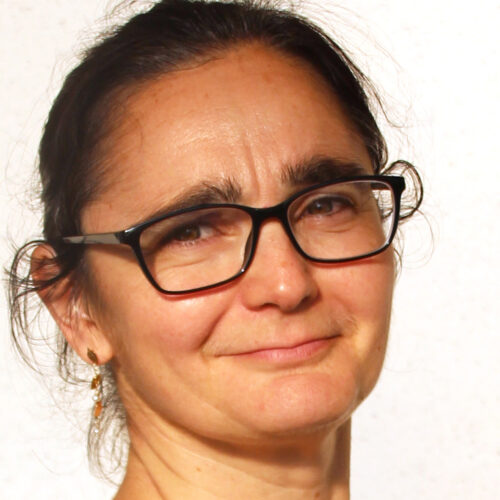
Thanks to IPC’s Business Intelligence Unit, companies have access to a tailored business intelligence platform that is updated daily. We also produce analysis of major market trends, from all angles (materials, processes, applications, legislation, etc.).
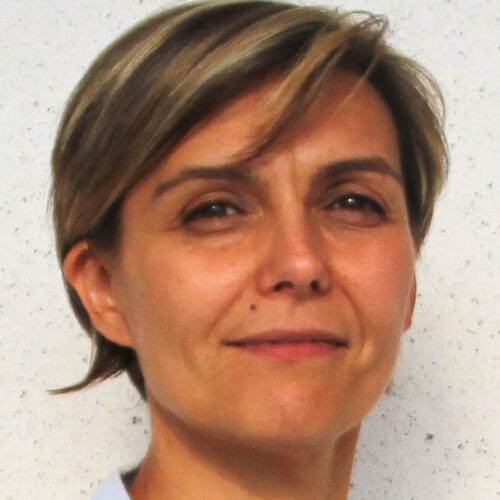
Alexandra, Lucille and Clara work with Frederique on marketing and communication. Their primary aim is to produce quality content to showcase the expertise that IPC offers manufacturers and its partners. They produce a range of practical communication tools to meet the needs of the industry.

The digital team has nine permanent employees (PhDs and engineers), three apprentices, one PhD student and one post-doctoral researcher. It supports manufacturers with two issues: digital simulations that help them understand how materials behave when they are shaped.

The department’s 14-strong team is on hand to assist with development, optimisation and problem resolution for all your plastics products and processes, and in particular thermoplastic injection moulding.

Our team’s role is to help manufacturers find answers to all their questions relating to plastic packaging, from the design stage through to end of life. To do this, we work in various interconnected areas such as ecodesign and life-cycle analysis, chemical materials analysis, container-content compatibility studies and biodegradation testing.

We are a team of nine staff focused on supporting you as you develop your products and processes (RTM, hot stamping, hot compression moulding, SMC, etc.). We have the skills and resources to assist you at every stage from initial studies through to large-scale developments. Our skillset includes expertise in product/process failure analysis.

1998

The department’s 26 technicians, engineers and scientists work across two sites, at Alençon and Oyonnax.
They have expertise in the selection of materials and formulation (including for bio-based materials) as well as recyclability studies and extrusion.
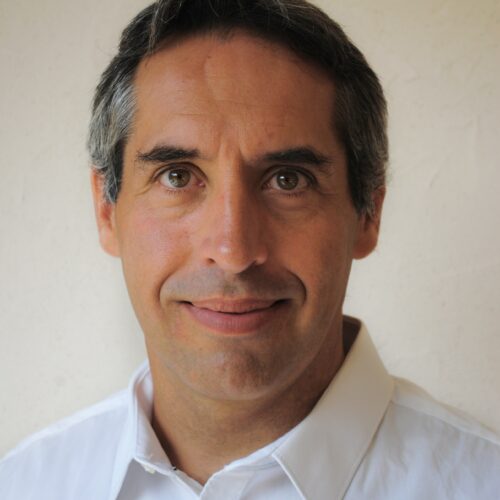
Jérôme manages and supervises a team of two engineers, a technician and an apprentice whose main responsibility is to meet the needs of manufacturers and internal customers (R&D) for expertise, quality control, specifications approval and the characterisation of plastic material.


There are currently 20 permanent staff and 11 PhD students in IPC’s research team. Their main task is to produce technological road maps covering IPC’s three strategic focuses, build collaborative projects and track their progress through to completion.

The responsibilities of this team of six specialists include looking for funding at national and European level, monitoring project financials and monetising project results.

This team of six specialists oversees a portfolio of six research projects in the fields of ecodesign, recycling, bio-based plastics and the innocuity of plastics. Working with them are six PhD students who are paving the way for the safe and circular plastics industry of the future.
The overall gender equality index score is 92, broken down as follows: